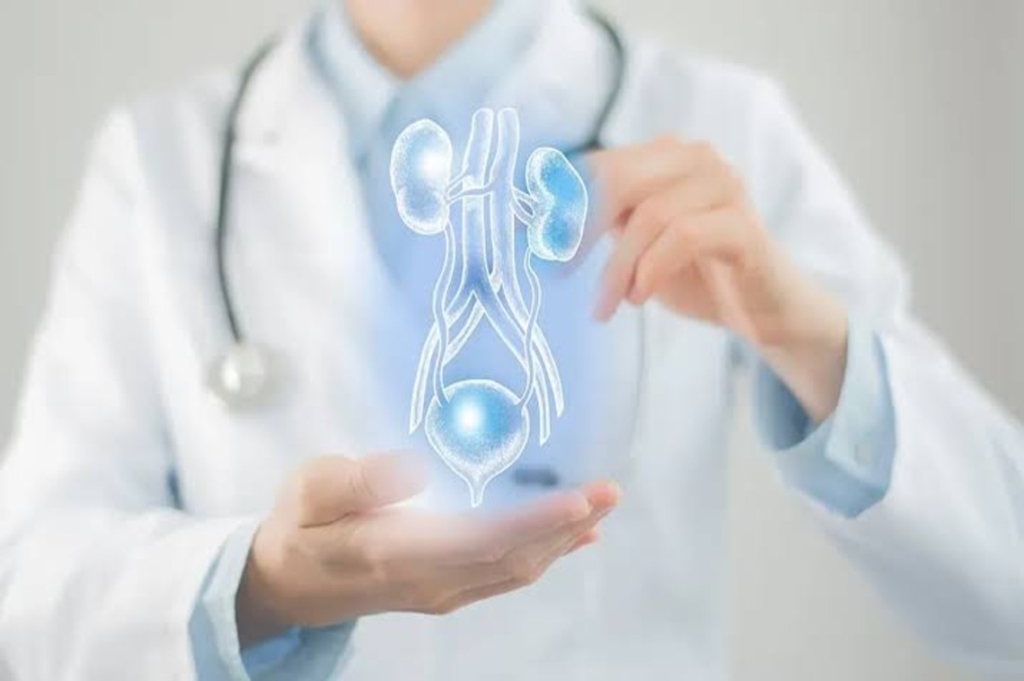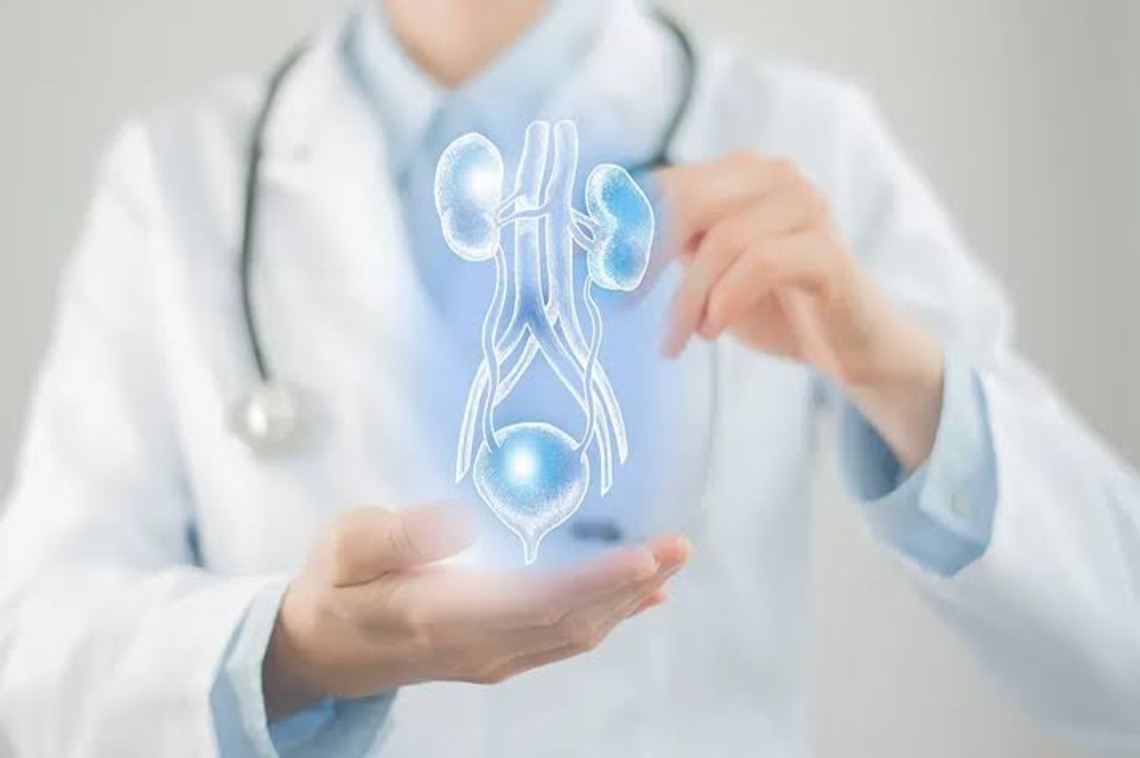
Urinary problems in men include weak or interrupted urine stream, difficulty starting or stopping, dribbling, urgency, burning sensations and recurrent urinary tract infections. These issues can stem from benign prostatic hyperplasia (BPH), urethral strictures, bladder stones, infections or neurological disorders that affect bladder control. Left untreated, they can lead to urinary retention, kidney damage or recurrent infections.
Causes / risk factors
- Age‑related prostate enlargement (BPH)
- Prior urinary tract surgeries or catheterisation
- Chronic infections or prostatitis
- Diabetes, obesity and neurological diseases
- High caffeine or alcohol intake and dehydration
Symptoms
- Weak or slow urine stream
- Straining or taking a long time to urinate
- Dribbling after finishing or feeling the bladder is not empty
- Waking multiple times at night (nocturia)
- Pain or burning during urination and frequent urinary tract infections
When to seek help / emergency signs
- Sudden inability to urinate (urinary retention)
- Blood in the urine or passing blood clots
- Severe pain in the lower abdomen or back
- Fever, chills or vomiting with urinary symptoms
- Persistent urinary difficulties affecting your daily life
Diagnosis
We start with a detailed medical history and physical examination. Urine flow tests and post‑void residual measurements help assess how well you empty your bladder. High‑resolution ultrasound or CT scans identify prostate size, bladder wall thickness, stones or obstructions. Urodynamic studies evaluate bladder and sphincter function. Blood tests (e.g., PSA levels) may be ordered if prostate problems are suspected.
Treatment options
Treatment depends on the underlying cause. For BPH, medications such as alpha blockers relax the prostate and bladder neck, while 5‑alpha reductase inhibitors shrink the gland. Minimally invasive procedures include transurethral resection or incision of the prostate (TURP/TUIP), laser therapy (HoLEP/PVP) and water‑jet ablation. Urethral strictures are managed with dilation, internal urethrotomy or reconstructive surgery. For urinary tract infections, we prescribe targeted antibiotics and recommend lifestyle changes (hydration, diet, bladder training). Severe cases may require robotic surgery to remove obstructions with utmost precision and faster recovery.
Prevention / aftercare
Maintain a healthy weight and balanced diet, limit caffeine and alcohol, stay hydrated and urinate regularly. Seek prompt treatment for infections and avoid unnecessary catheterisation. After treatment, we schedule follow‑ups to monitor progress and adjust care plans as needed.
